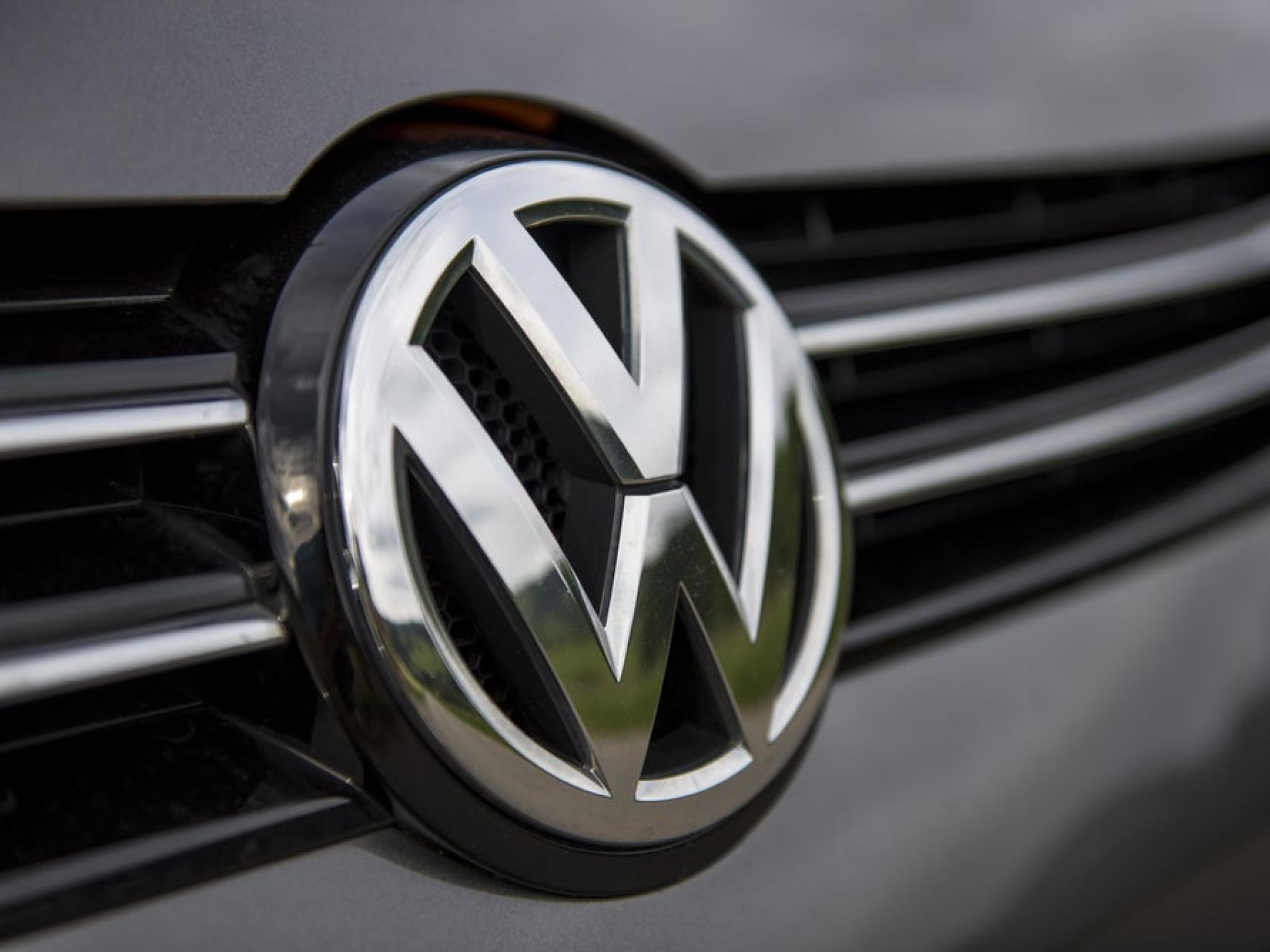
Workers at Volkswagen AG (OTC:VWAGY) began staging strikes across Germany on Monday, escalating tensions with management over plans to cut jobs and wages and close factories as announced earlier. The strikes, organized by the IG Metall union, impacted nine of the automaker’s plants, temporarily halting production.
IG Metall has also announced demonstrations at various factories, with a significant rally planned at Volkswagen’s Wolfsburg headquarters, which employs over 60,000 people, the Wall Street Journal reports.
Also Read: Tesla And Chinese EV Startups Outpace Toyota, Volkswagen In Critical Software Race: Report
Volkswagen, one of Germany’s largest employers with about 300,000 domestic workers, faces challenges from sluggish demand for electric vehicles, rising costs, and stiff competition from Chinese manufacturers. The company reportedly plans to shut down at least three German plants and cut 10% of workers’ wages, marking a significant shift in its operations.
According to the WSJ report, worker representatives had suggested that wage rises be temporarily paid into a fund while bonuses would be cut for two years, which would save 1.5 billion euros ($1.58 billion) and prevent job losses and factory closures.
IG Metall negotiator Thorsten Groger accused the company of undermining collective agreements. Talks are set to resume on December 9, with the union warning of further escalation if no resolution is reached.
Volkswagen stated that it has taken steps to mitigate the strike’s impact and remains open to dialogue with labor representatives. The company acknowledged workers’ rights to participate in warning strikes while stressing the need for sustainable solutions.
The German automaker has been battling multiple headwinds, including a recall of vehicles over safety concerns in the U.S. and the closure of three factories in Germany.
According to the National Highway Traffic Safety Administration (NHTSA), in November, the automaker recalled 114,478 vehicles in the U.S. due to potential issues with the driver’s side frontal airbag inflator, which could explode. The recall affected several models, including the 2017-2019 Beetle and Beetle Convertible, the 2012-2014 Passat, the 2017 Passat Wagon, and the 2006-2007 Passat Sedan.
Prior reports indicated Volkswagen’s plans to close at least three factories in Germany. This move could reportedly result in significant job cuts and wage reductions for tens of thousands of employees. These measures aim to address the challenges facing the struggling automaker.
While discussions between management and labor representatives have been ongoing for weeks, the scale of potential cuts only recently became apparent.
If implemented, the proposals would mark a historic first for Volkswagen, which has never shut down a factory in its home country. A suggested 10% salary reduction could affect approximately 140,000 workers. Employees fear these actions may signal the beginning of broader downsizing efforts as the company grapples with high energy and labor costs.
Volkswagen’s struggles reflect broader challenges in the European auto industry, which faces increasing global competition and declining market appeal. Additionally, the European Commission plans to introduce tariffs of up to 35.3% on electric vehicles made in China, in addition to the standard 10% import duty. This move could impact Volkswagen’s CUPRA brand, an electric vehicle designed in Spain but manufactured in China.
In September, Volkswagen’s PowerCo battery subsidiary announced it would run its Salzgitter plant in Germany at half its intended capacity amid financial challenges and a decline in electric vehicle demand.
Also Read:
Photo by Gyuszko-Photo on Shutterstock.







